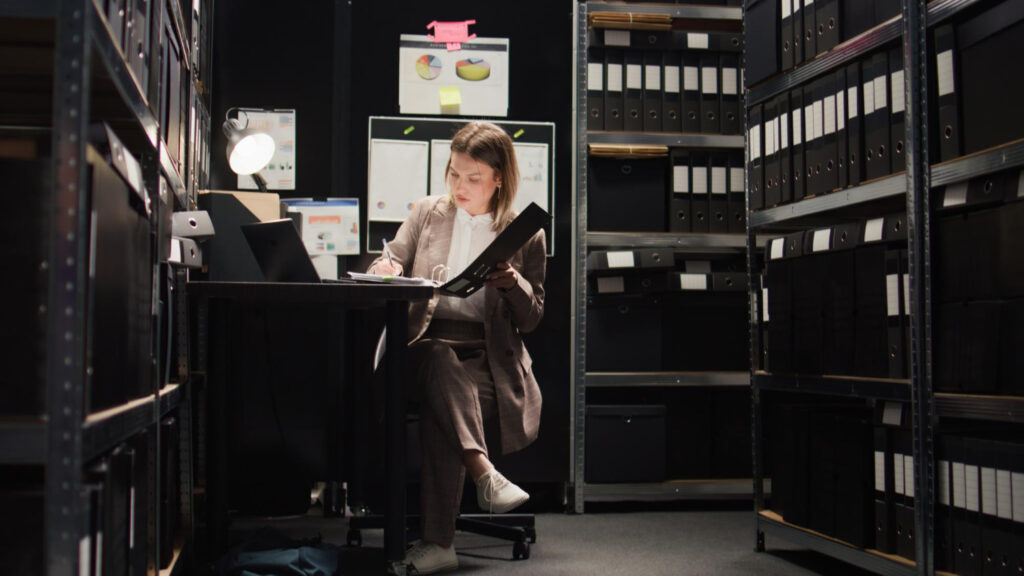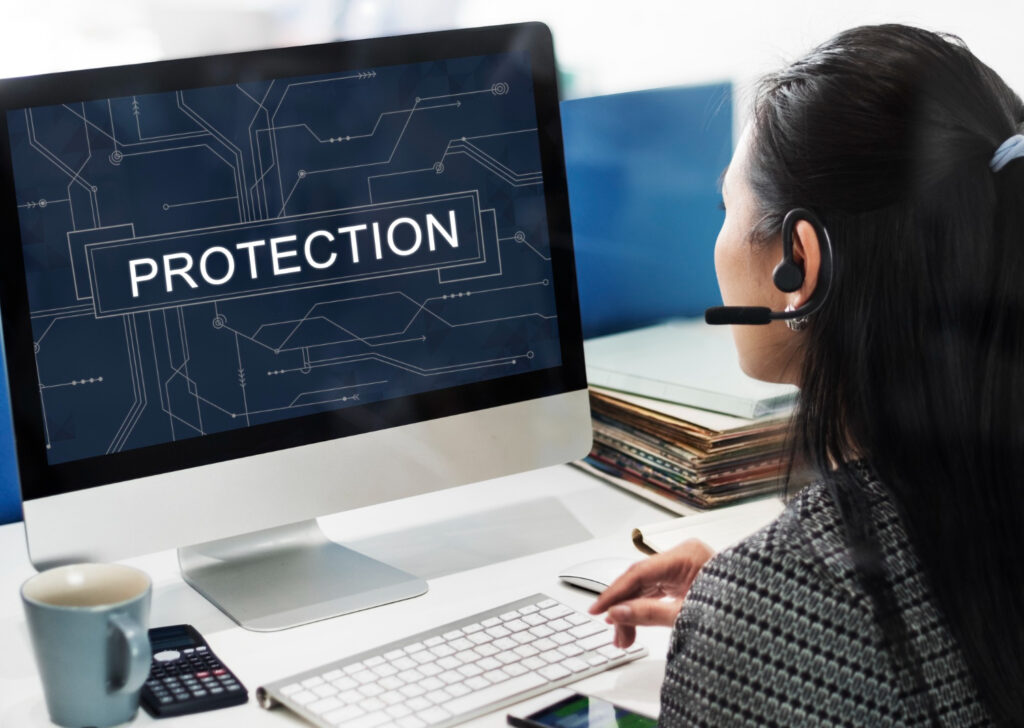Legal Technology Solutions That Every Small Law Firm Needs!!!
by Arnab Dey Legal 30 April 2025

People working in law have no fixed work hours. They, however, have tight deadlines to deal with. But that’s not the trickiest part of the job. They don’t get the chance to work on escalations.
Basically, you have to hit the spot for the first time if you’re a lawyer. There’s no repetition of the same case. If you lose a case in the lower court, there’s rarely any chance the client would work with you when they appeal to the upper court!
But, is there a solution to this grind? Certainly, there is. Matter management software is the only solution to save law personnel from their plight. From small law firms to global legal conglomerates, legal technology is used equally everywhere.
From communication to research, digital tools leverage the legal teams in many ways. In most cases, the research team does not need to get their hands dirty, scanning databases manually. They can use scanning tools and AI search bots to siphon data from millions of GBs.
Tech Bottlenecks
The term may seem weird. After all, each progressive tech makes the work a bit easier for you. However, that is not how tech spans out every time. There are so many apps with hordes of features, so how do you know which app you need the most?
You need to know about the basic features to look for. Legal tech is not an easy ball game after all! So, check out the features that you should look for when you evaluate a new legal tech solution.
User-Friendly Design Matters More Than You Think
Screening one app after another. You’re simply wasting time. I guess legal professionals barely have time for that! They instead want their apps to sync with their job niches from the first day. If that doesn’t happen, the app is not for you!
As the title says, the best matter management software is the one with a simple and useful design and interface. It should also have a simple navigation bar. Allowing you to keep a tab on all the features at the same time.
Often, apps offer a legion of features. However, you find out your team needs a week or two to process the features and use them in real-time projects. Don’t go for an app like that. Time-consuming navigation is the biggest red flag for any legal technology app.
Document Management And Organization

Legal work is document-heavy, and keeping everything organized can make or break a case. A solid legal technology platform should allow for easy uploading, tagging, searching, and sharing of files. Bonus points if the system includes version control, so you’re never left wondering which draft is the most recent.
Cloud-based access is another must. Whether you’re in the office, at home, or in court, you should be able to retrieve key documents quickly and securely.
Secure Communication Channels
Email remains widely used in the legal world, but it’s not always the safest option—especially when sensitive client information is involved.
That’s a big grey area of legal technology apps. Nowadays, the end-to-end encryption feature is available across all communication platforms.
However, phishing groups have grown roundabout methods that often make the encryptions vulnerable. They clone the blockchain and transition malware on the platform. Hence, extracting secret files that you were sharing through the platform.
So, Which Apps Are The Most Vulnerable?
Certainly, the platforms that bring in the concept of one size fits all in the game are on the list. Imagine an app that offers video chats, client chats, and cross-platform messaging on the same interface.
In other words, it uses the same IP loop for all the functions. Imagine what might happen when the hackers get hold of one of the weak links of the app. The whole database shared on the platform would be at risk.
Workflow Automation And Task Tracking
Law professionals have a lot of scheduling to do throughout the day. For them, time is money. They need to schedule meetings, courtroom encounters, and still run their business at the same time.
When scheduling and planning are so critical, it may take up your valuable time. That’s where the matter management software comes in. It not only plans the priority order of tasks for you. Simultaneously, the AI-based work bots installed in the app will do the easy and repetitive tasks that can be done away with.
For example, the billing, negotiation, and emailing workload. Any AI-based CRM software that does these actions for your company. However, small law firms do not often have the budget to sponsor the subscription fees for the app.
Don’t stress. There are piles of free and secure apps that can do the basics for you. In the beginning, you might have to use 3 apps instead of all.
But I’d say it is better to do that if that’s what it takes. After 6 months or s,o you can use the revenue capital to pay the major upfront costs.
Which Workloads Can You Automate?
Firstly, the task that needs automation in one breath is task tracking and deadline management. You need prompt deadline reminders. For that, there is only one way. You have to use an AI-based reminder app that tracks the tasks and allows you to always be on time.
Once a task is done, all you need to do is notify the app. It will create invoices (if applicable) or file your deliverables. When your small firm has huge caseloads, these strategies come in handy!
Customizable Workflows For Different Practice Areas
The nature of workflow varies from one law firm to another. For example, a corporate company works differently from a family law agency.
The legal technology app can customize the workflow, projects, and schedules just the way you want! There are often simple templates that let you streamline your needs as per your company’s requirements.
Integration With Existing Tools
Legal teams rely on more than one tool to get through the day. Email, calendars, accounting software, and research databases are all part of the mix.
A good legal technology solution should integrate smoothly with these systems to reduce double entry and boost efficiency.
Check for compatibility with tools your firm already uses, such as Outlook, Google Calendar, or accounting software like QuickBooks. Seamless integration creates a more connected, less fragmented tech ecosystem.
Compliance And Security Standards

Between client confidentiality and industry regulations, legal tech must meet a high bar for compliance and security. Make sure any platform you consider complies with relevant data protection laws (such as GDPR or HIPAA, depending on your region and practice area).
Security features like two-factor authentication, data encryption, and regular backups should be non-negotiables. You’re not just managing data—you’re protecting your firm’s reputation.
Matter Management Capabilities
One of the most critical features is the ability to manage cases efficiently from start to finish. This includes tracking key dates, communications, billing, and tasks all in one place.
The best matter management software gives legal teams a centralized view of every case, reducing miscommunication and ensuring nothing slips through the cracks.
Even just one well-structured dashboard can help lawyers stay ahead of case deadlines, streamline client collaboration, and handle billing more accurately.
Reporting And Analytics
Legal technology isn’t just about managing the present—it should also help inform future decisions. Built-in reporting and analytics can provide insight into how much time is being spent on specific tasks, which clients are most profitable, or where workflow bottlenecks are occurring.
These features empower firm leaders to make data-backed decisions that improve efficiency and profitability over time.
Support And Training Resources
Even the best technology can fall short if your team isn’t supported properly. Look for providers who offer responsive customer service, onboarding assistance, and ongoing training resources.
Having a reliable support team to turn to makes a huge difference, especially during the early days of implementation.
Conclusion
Legal technology is a powerful ally—but only when it’s chosen wisely. The goal isn’t to find the flashiest tool or the one with the most features.
It’s about identifying the platform that fits your practice, strengthens your workflow, and respects the importance of security and confidentiality.
From document management and secure communication to customizable workflows and matter management software capabilities, the right features can help your team focus on what they do best: delivering excellent legal outcomes for clients.
If you’re shopping for legal tech, use this list as your compass. Technology should work for your firm, not the other way around.
Read Also:



































































































